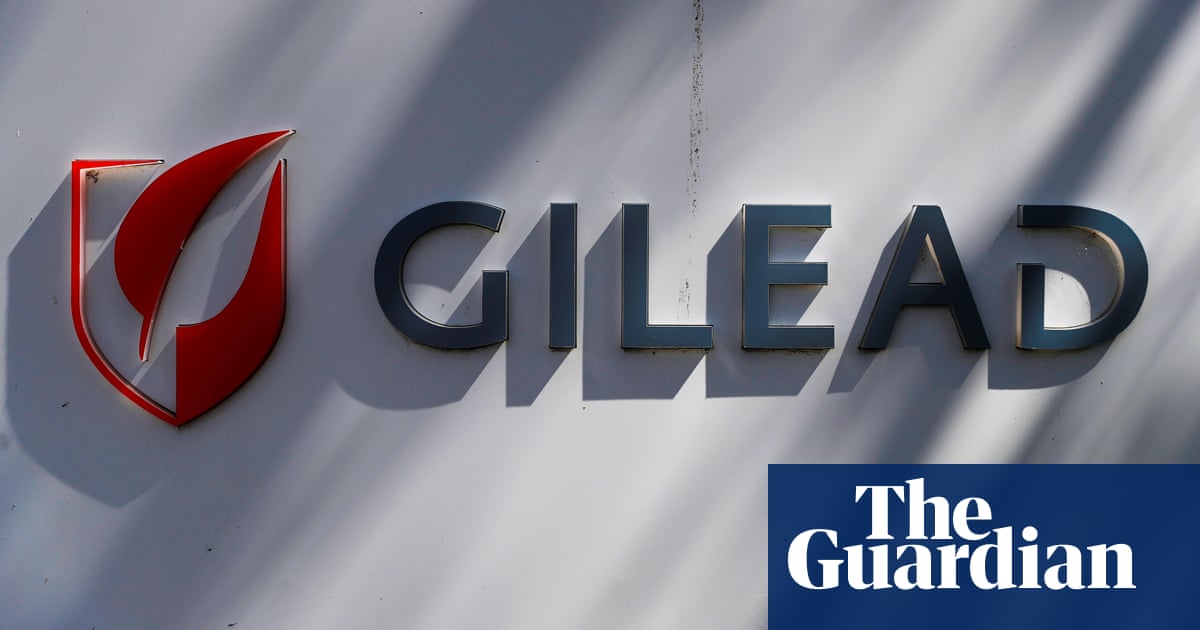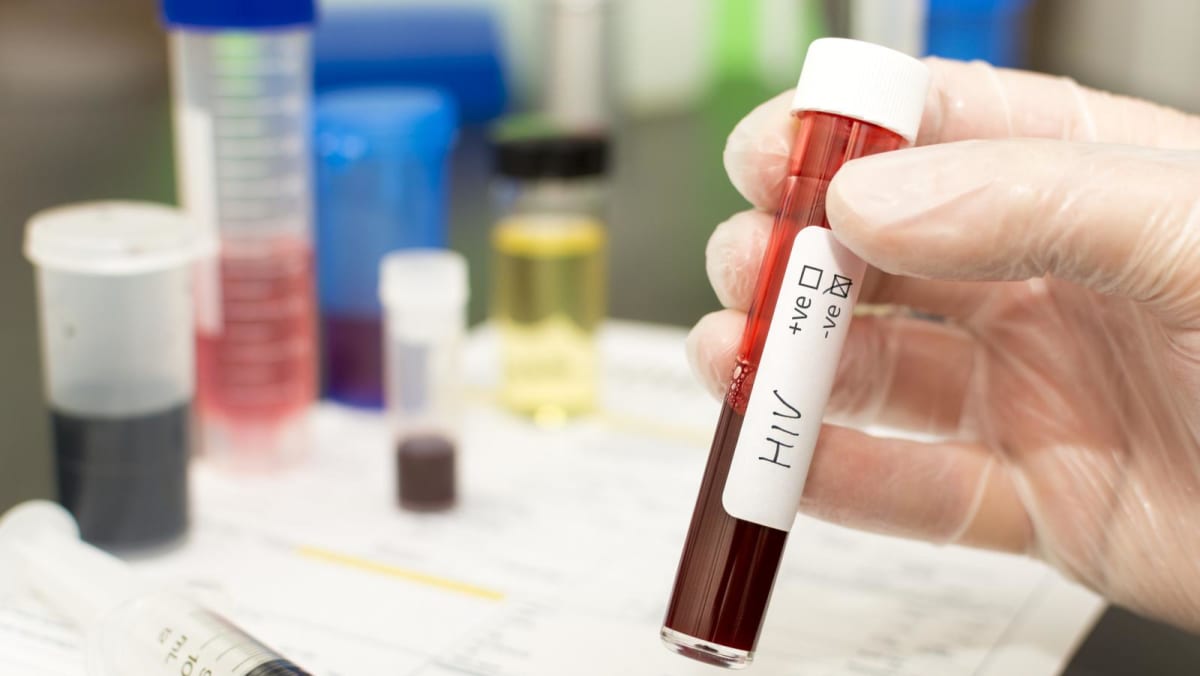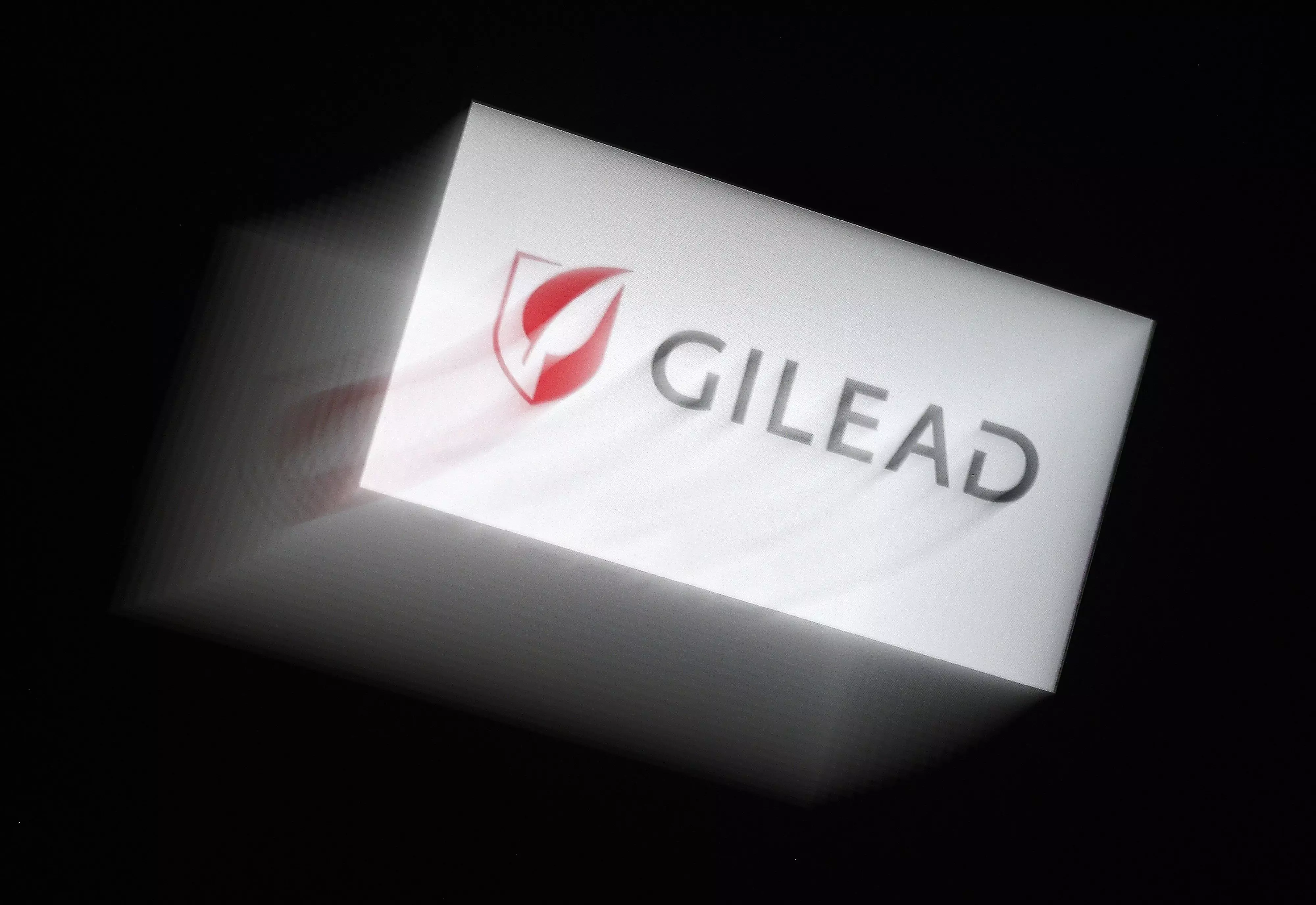Research suggests that a new antiretroviral drug, Lenacapavir could transform HIV prevention and treatment. Currently priced at over $40,000 annually per patient, Some say that the drug’s cost could be slashed to just $40 per year if produced generically.

Also Read: Nipah Virus: Kerala Takes Preventive Measures After Teenager Dies
Lenacapavir is marketed as Sunlenca by Gilead Sciences and it is a new antiretroviral medication designed for the treatment and prevention of HIV.
The current cost of Lenacapavir is $42,250 for the first year of treatment, a price that places it out of reach for most individuals especially in low- and middle-income countries.
According to new research presented at the 25th International AIDS Conference in Munich, the cost of producing a generic version of Lenacapavir could be as low as $40 per patient per year assuming production volumes of 10 million treatments annually.
Recent trials involving over 5,000 women in South Africa and Uganda demonstrated that Lenacapavir provided 100% protection against HIV infection.
This positions the drug as one of the most effective preventative treatments available to date.
Lenacapavir is licensed for the treatment of HIV, but its efficacy in prevention suggests a dual role as both a treatment and a preventative measure.
The twice-yearly injection schedule offers a convenient alternative to daily pills potentially increasing adherence rates among patients.
Researchers from Liverpool University led by Dr. Andrew Hill, estimated the $40 cost by analyzing the raw material prices and manufacturing expenses factoring in a 30% profit margin.
This estimated price represents a thousand-fold decrease from the current market price.
Dr. Hill and his team have accurately predicted similar price reductions in the past with Gilead’s hepatitis C drug, which dropped from $84,000 to under $40 with generic availability.
Developing an HIV vaccine has been a challenging goal in infectious disease research. Despite numerous attempts, an effective vaccine remains elusive.
While a vaccine is yet to be realized, PrEP has emerged as a vital tool in HIV prevention. It allows individuals to protect themselves against HIV through daily medication.
Antiretroviral drugs have shown that when a person with HIV reaches an undetectable viral load, they cannot transmit the virus to others.
Lenacapavir is marketed as Sunlenca by Gilead Sciences, Inc., is administered as an injection every six months.
The US Food and Drug Administration (FDA) approved it for cases where other HIV drugs have failed or are unsuitable.
A trial in Uganda and South Africa reported 100% efficacy outperforming existing PrEP methods. The drug showed promise for individuals who face challenges with daily medication adherence such as young women facing stigma or violence.
The first-year cost for Lenacapavir treatment is over $42,000 per patient. This high price makes it largely inaccessible to those in need especially in countries with high HIV prevalence.
Dr. Andrew Hill from the University of Liverpool and colleagues have conducted research suggesting that Lenacapavir could be mass-produced generically for just $40 per patient.
This figure includes a 30% profit margin and is based on the assumption of 10 million annual users. To impact HIV transmission rates, the researchers estimate that up to 60 million people a year would need access to the drug.
Also Read: Listeria Outbreak Linked to Deli Meat Causes 2 Deaths and 28 Affected Across 12 States
Campaigners are urging Gilead to license Lenacapavir generically in low- and middle-income countries through the UN-backed Medicines Patent Pool.
This pool has successfully negotiated agreements with patent holders for 13 other HIV drugs. Gilead acknowledges the potential of Lenacapavir for HIV prevention and is prioritizing regulatory approval in countries with the highest disease burden.
If made widely available at a lower cost, Lenacapavir could revolutionize HIV prevention efforts especially in high-risk populations such as young women in Africa, gay and bisexual men, sex workers and prisoners.
The United Nations Joint Programme on HIV/AIDS (UNAIDS) has endorsed the drug addressing its potential to curb new HIV infections and help meet global targets for ending the HIV epidemic by 2030.
By providing a discreet and less stigmatizing option compared to daily oral medications, Lenacapavir could enhance treatment compliance and reduce the stigma faced by individuals living with HIV.
The high cost of Lenacapavir in high-income countries such as the United States, France, Norway and Australia, limits access to those who need it most.
Gilead’s current strategy includes voluntary licensing agreements in high-incidence, resource-limited countries.
The specifics of these agreements remain under negotiation leaving many nations uncertain about future access.
Campaigners and health advocates urge Gilead to allow generic licensing through the UN-backed Medicines Patent Pool for all low- and middle-income countries, which account for 95% of global HIV infections.
Trials include historically underrepresented populations such as cisgender women and injectable drug users, to ensure the drug’s effectiveness across diverse demographics.
The trial in Uganda and South Africa reported impressive results with 100% efficacy against HIV outperforming existing PrEP methods.
The PrEPVacc trial aimed to evaluate two experimental HIV vaccines and compare their effectiveness against existing PrEP methods in preventing HIV infection.
Conducted across South Africa, Tanzania and Uganda, the trial involved 1,512 participants including men and women, aged 18-40 years, who were at higher risk of HIV infection.
Also Read: Cycling to Work Reduces Early Death Risk by 47%, Study Reveals























